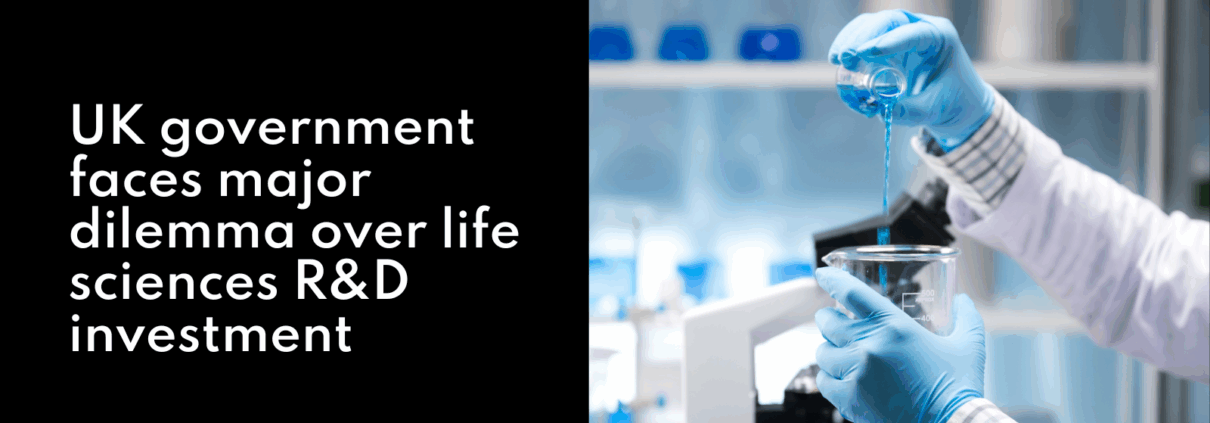Hot topic: UK government faces major dilemma over life sciences R&D investment
If AstraZeneca’s ditching of its plans last January for a long-expected £450 million investment in a vaccine manufacturing in Liverpool was a bright red warning sign, then Merck’s decision this week to can a half-built £1bn research centre in London is a car crash.
Pharma executives have been warning the UK’s government ever since it was elected in July 2024 that R&D investment will suffer if the business backdrop – by which they basically mean the prices the NHS pays for branded medicines – doesn’t change.
First they whispered it privately in ministers’ ears. Then they said it publicly, but in relatively couched terms. Then they started shouting from the rooftops.
But actions always speak louder – so perhaps Merck’s brutal axing of the centre will finally get through.
As it scrapped the mooted King’s Cross research facility, the company, known as MSD in Europe, explained that it would be putting new research resources into existing sites, mainly in the US.
It told the FT:
“Simply put, the UK is not internationally competitive.”
Ouch.
This was not just a paper decision: building began on the centre two years ago, while it was due to open in 2027. The immediate impact is the loss of some 125 jobs, including scientists and support staff, but the shockwaves will be felt much wider than that.
The company insisted the decision was not related to the prices the NHS pays for branded drugs, which are capped by a complicated rebate mechanism which the Association of the British Pharmaceutical Industry (ABPI), a trade association, says is increasingly unfair.
But friction over the mechanism, called the Voluntary Scheme for Branded Medicines Pricing and Access (VPAG), can’t have helped.
Discussions between the industry and Wes Streeting, the UK Health Secretary, have so far proved fruitless.
Mr Streeting finds himself between a rock and a hard place. On the one hand he must squeeze every drop of value from the strained NHS budget – and politically he can’t be seen to be soft on ‘Big Pharma’. On the other, he is trying to help the government deliver on its vital ‘growth’ agenda – an important plank of which is to encourage investment by life science companies.
The situation brings to mind the title of Marilyn Monroe’s unfinished 1962 romantic comedy, “Something’s Got to Give”. Unfortunately, there is nothing romantic or comical about this. Rather, it is turning into something tragic.

